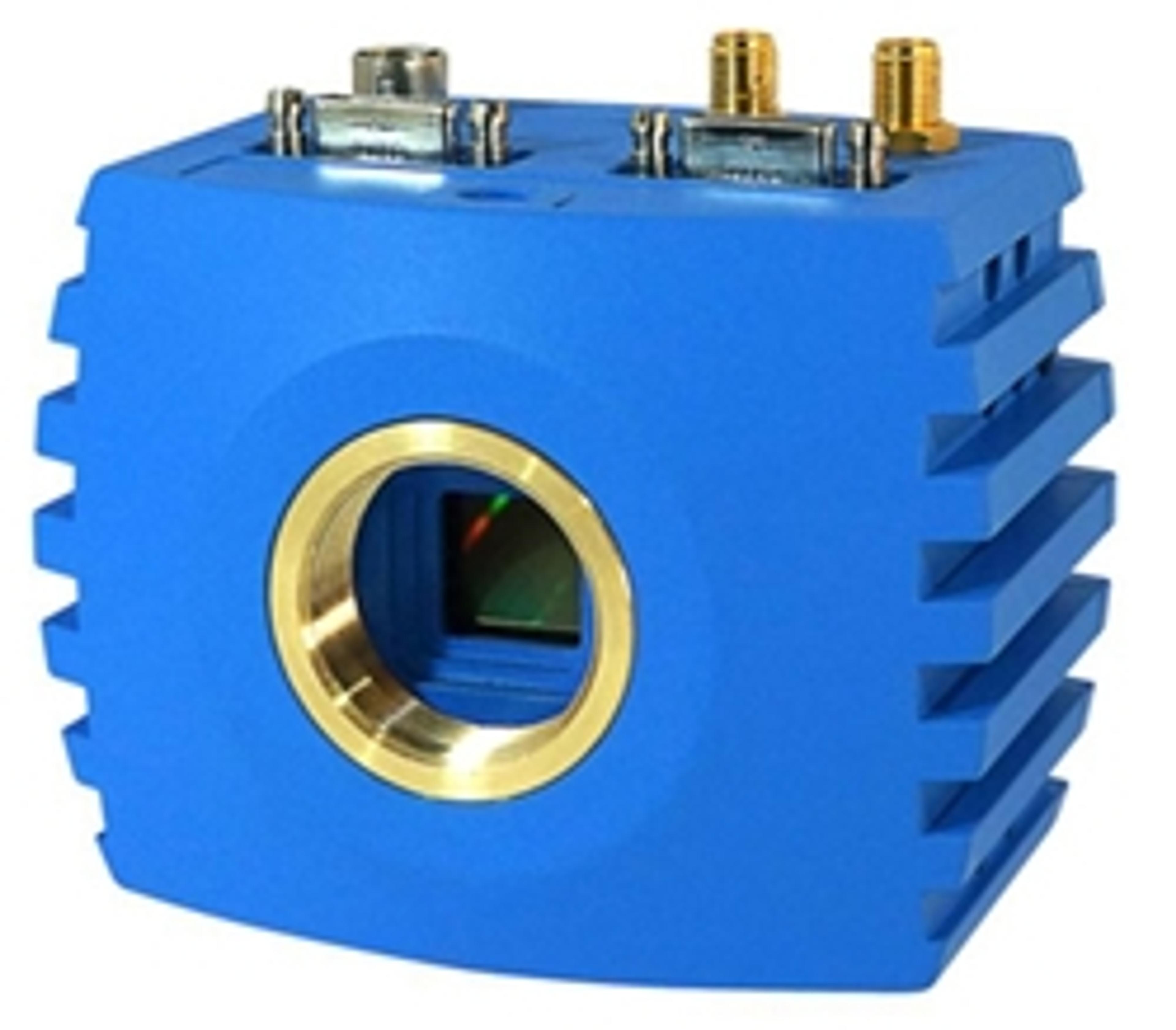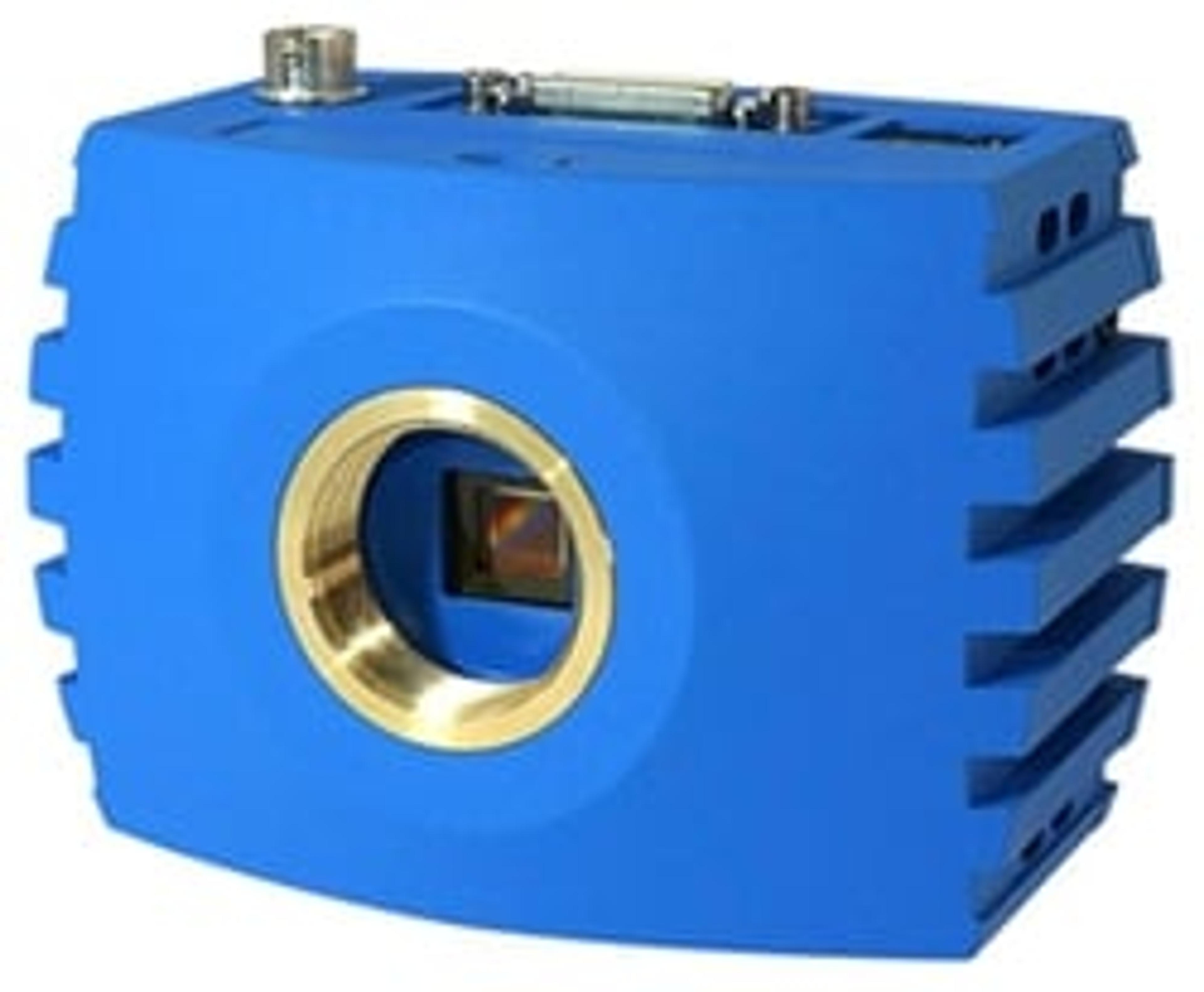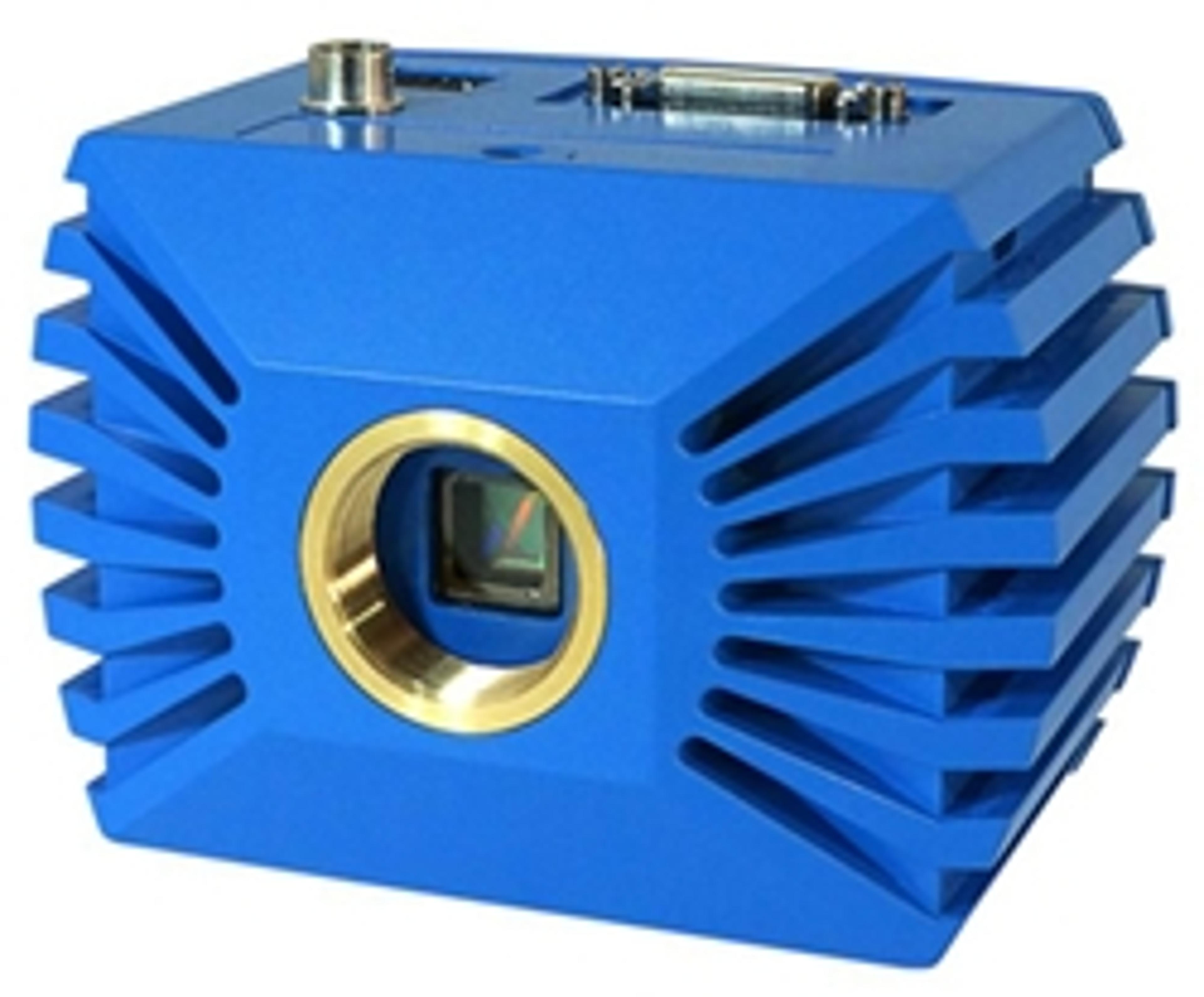Horiba Scientific Announces New EMCCD and Scientific CMOS Cameras for Low Light Imaging Applications
14 May 2014
HORIBA Scientific, global leader in optical spectroscopy equipment, is pleased to announce the release of three new scientific imaging cameras, e.g., EFiS, AToR and iRiS. These three new cameras are complementing the existing scientific cameras line already offered by HORIBA Scientific. Dedicated to low light imaging applications such as fluorescence imaging, astronomy, X-ray tomography and single molecule detection, the EFiS, AToR and iRiS are the ideal candidates when photons are scarce or when fast temporal acquisition is required. A choice of several software systems is offered with these cameras, depending on the customer budget and application.
The EFiS is a scientific frame transfer EMCCD camera with a 1004x1002 sensor size enabling optimum data resolution. The frame transfer technology adds the benefit of not requiring a mechanical shutter for ultra-fast data acquisition.
The AToR is a scientific interline EMCCD camera with a sensor size of 658x496 pixels. The interline transfer technology allows very short integration times without image smearing. Competitively priced, the AToR is the ideal candidate for low light application with limited budget.
Finally, the iRiS is a 4.2 Megapixel Scientific CMOS camera. The 2048x2048 sensor size enables a large field of view and ultimate image resolution. The iRiS Scientific CMOS camera combines ultra-low noise, extreme sensitivity, wide dynamic range and high resolution.
“The addition of these new cameras enable the Optical Spectroscopy Division of HORIBA Scientific to address the imaging and microscopy markets and complement perfectly our existing line of spectroscopy scientific cameras such as the Synapse, Syncerity or Symphony II,” said Eric Teboul, Director of Optical Spectroscopy Division.



